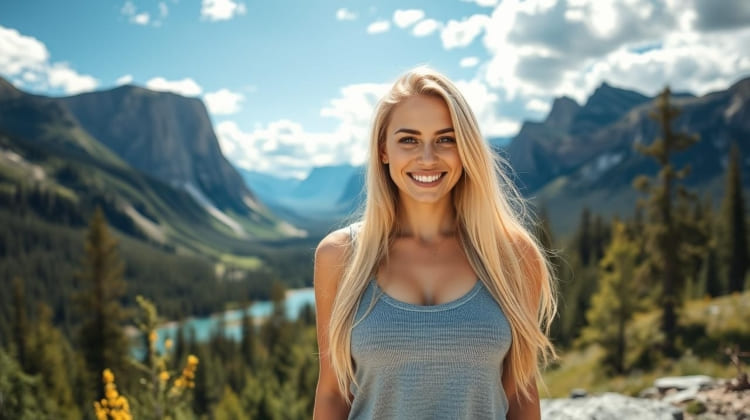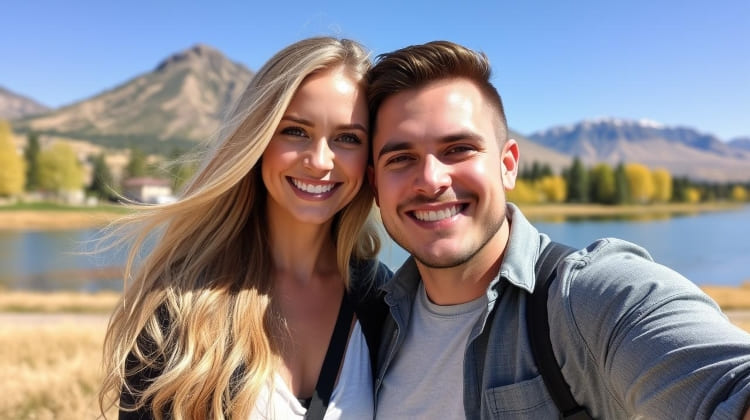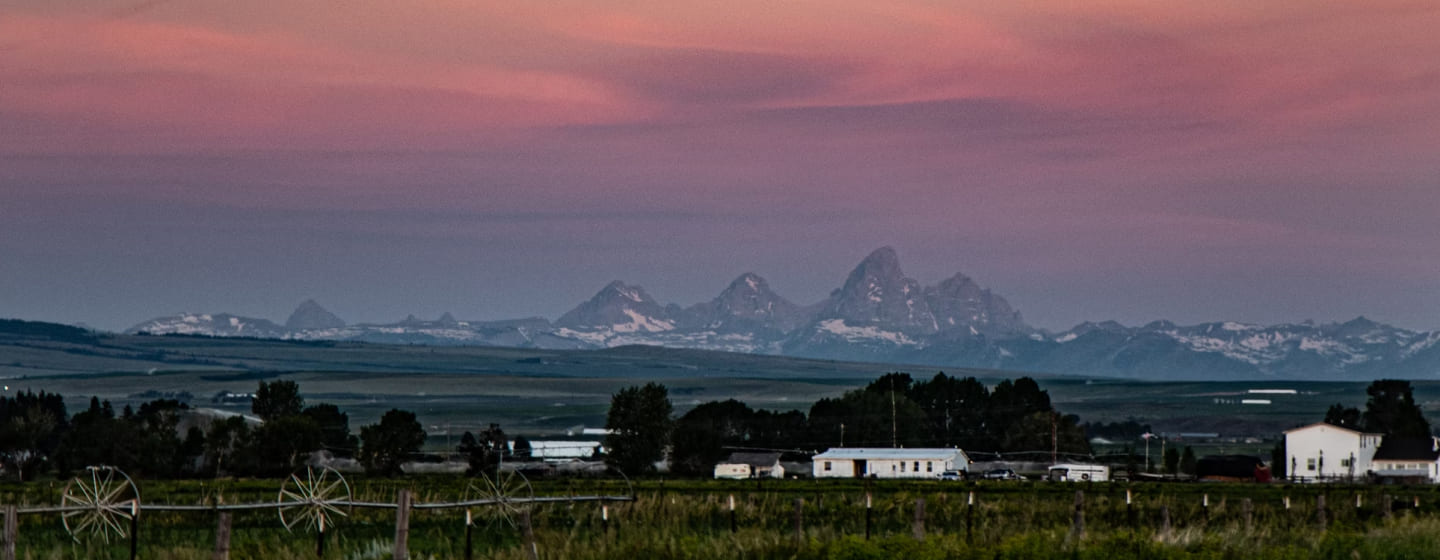The Boise Paradox: Why Finding Love in the City of Trees Can Feel Like Navigating a Forest
I’ve sat across from hundreds of bright, successful, and deeply kind individuals who all share a common, whispered frustration: “Why is dating here so… different?”
They speak of the city with a fierce affection—for the crisp autumn air, the easy access to the Foothills, the genuine friendliness of a stranger at the Capital City Public Market.
Yet, when it comes to romance, that easy-going nature often gives way to a complex, sometimes bewildering, landscape.
This isn’t your typical “Top 5 Dating Spots” article.
We’re going deeper. We’re going to unpack the unique psychological currents that shape the Boise dating experience.
From my professional vantage point, I see distinct patterns, pressures, and paradoxes that make dating in our beloved city a unique challenge—and a unique opportunity.
So, grab a coffee (from Big City, Form & Function, or your local favorite), and let’s explore the heart of the matter.

The CamelBak Compatibility Test: When Your First Date is a Fitness Exam
In many cities, a first date is a low-stakes affair: a drink, a coffee, a shared appetizer. It’s a conversation designed to test for intellectual and emotional chemistry.
In Boise, the first date is often an audition. I call it the “CamelBak Compatibility Test.”
It sounds something like this: “Want to go for a hike up to Table Rock?” or “How about a mountain bike ride on the Hulls Gulch trail?”
On the surface, this is wonderful. It reflects our city’s healthy, active lifestyle.
But psychologically, it’s a minefield. This type of date immediately shifts the focus from connection to performance.
My clients voice a cascade of anxieties: Am I fit enough? Do I have the right gear? Will I be sweating and out of breath while they’re barely breaking a sweat? Will they judge my old hiking boots?
This outdoor proving ground creates a subconscious checklist that has little to do with long-term partnership potential.
It prioritizes physical prowess and shared hobbies over emotional intelligence, communication skills, and conflict resolution.
A person can be a phenomenal partner—supportive, loyal, and kind—but if they can’t keep a certain pace on a trail, they might be written off before they ever get a chance to show it.
Reclaim the “getting to know you” phase. If you’re the one asking, consider suggesting an activity that facilitates conversation.
A walk on the Greenbelt is a fantastic compromise—it’s active but not strenuous, beautiful, and allows for side-by-side conversation.
If you’re the one being asked on a high-intensity date, it’s perfectly acceptable to counter-offer.
Saying, “I’d love that sometime, but for our first time meeting, how about we grab a drink at Telaya and just talk?” isn’t a sign of weakness; it’s a sign of self-awareness and a desire for genuine connection.
The “Big Small Town” Syndrome: Navigating the Double-Edged Sword of Community
Boise’s greatest strength is arguably its tight-knit community feel. It’s a place where you run into people you know at the grocery store, at the brewery, on the trail.
This creates a wonderful sense of belonging and accountability. In dating, however, this becomes the “Big Small Town” Syndrome.
The psychological impact is twofold:
Because social circles often overlap, it can feel like you’ve already met everyone.
The dating pool, which is statistically quite large, feels deceptively small.
This leads to a scarcity mindset, a cognitive distortion where you believe desirable partners are a finite, dwindling resource.
This mindset breeds anxiety, desperation, and a tendency to either settle for a poor fit or give up entirely.
In a city where everyone seems to be one or two degrees of separation apart, your reputation precedes you.
A bad date, a messy breakup, or even a misconstrued interaction can travel quickly through social networks.
This creates a pressure to be “perfect,” to avoid any missteps, which can stifle authenticity.
We become so concerned with how we’re perceived by the broader community that we fail to be our true, flawed, human selves with the person sitting across from us.
Challenge the scarcity mindset actively. First, recognize it as a feeling, not a fact.
Second, expand your ecosystem. If your entire social life revolves around downtown breweries and hiking trails, you’re fishing in the same pond over and over.
Take a class at the Boise Art Museum, volunteer for a cause you care about (like the Idaho Humane Society or Boise Bicycle Project), or join a niche group that aligns with a less-publicized interest.
This introduces you to entirely new social circles. As for reputation, focus on integrity over image.
You cannot control what others say, but you can control your own actions. Treat people with kindness and respect, be honest and direct, and let your character speak for itself.
The Race to the Altar: Navigating Boise’s ‘Early Settler’ Mentality
There’s an undercurrent in Boise’s culture—a holdover, perhaps, from its more traditional roots—that values settling down at a relatively young age.
For those who grew up here, it’s common to see high school and college friends marrying and starting families in their early to mid-twenties.
For the thousands of transplants arriving from coastal cities where the timeline is often delayed by a decade, this can be a jarring cultural shock.
I call this the “‘Early Settler’ Mentality.” It creates a palpable pressure, especially for singles in their late twenties and thirties.
It can feel like the “good ones” are already taken, and you’ve somehow missed the starting gun on a race you didn’t even know you were running.
This pressure often leads to what psychologists call “foreclosure” in identity and relationship choices.
People commit quickly, not necessarily because they’ve found the perfect match, but because they feel they’re on a deadline.
They prioritize the status of being in a relationship over the quality of that relationship.
On the apps, you’ll see profiles that are less about personal expression and more like a job application for a spouse: “Must want kids,” “No drama,” “Looking for my forever.”
This checklist approach strips the beautiful, messy, organic process of falling in love of all its magic.
Grant yourself permission to be on your own timeline. Your life path is not a reflection of a Boise-specific cultural norm; it is a reflection of your unique journey.
Reframe your single status not as a deficit, but as an opportunity for deep self-discovery.
The more you know and love yourself, the better equipped you will be to choose a partner who complements you, rather than one who simply fills a perceived void or checks a box on a societal timeline.
When you feel that external pressure mounting, practice mindfulness.
Acknowledge the feeling (“I am feeling anxious about being single”) without judgment, and then gently redirect your focus to what is fulfilling in your life right now.
Beyond the Flannel Curtain: Finding Your True Self in a City That Values ‘Authenticity’
Boise has a brand. It’s authentic, outdoorsy, down-to-earth, and unpretentious.
We wear flannel, we drink craft beer, we love our dogs, and we’d rather be in the mountains.
This is a wonderful identity, but it can also become a prescriptive one. I call this The Flannel Curtain.
Behind this curtain, many of my clients—especially those who are artists, intellectuals, tech professionals, or homebodies—feel like they don’t quite fit the mold.
They feel a subtle pressure to perform a version of “Boise authenticity” that isn’t entirely their own.
They might force themselves to go on hikes they don’t enjoy or feign an interest in IPA nuances they don’t possess, all in an effort to be seen as a viable dating candidate.
This performance of authenticity is, by its very nature, inauthentic. It’s exhausting and unsustainable.
True connection is born from vulnerability and the courage to show someone who you truly are, not who you think they want you to be.
If you love spending a Saturday afternoon reading at Rediscovered Books more than skiing at Bogus Basin, that is a valid and attractive quality.
If your idea of a perfect evening is seeing a show at the Morrison Center, not camping in the Sawtooths, there is a whole cohort of people who will find that incredibly appealing.
Conduct a personal values audit. What truly brings you joy? What makes you feel alive and engaged?
Write it down. Then, start aligning your dating life with those values.
Your online profile should be a highlight reel of your actual life. Your date suggestions should reflect your genuine interests.
This may feel like you’re narrowing the pool, but in reality, you are concentrating it.
You are filtering for the people who will love you for you, not for the Boise caricature you feel obligated to perform.
The greatest gift you can give a potential partner is a clear picture of who you are, allowing them to make an informed decision to opt-in.

Cultivating Your Own Garden City Romance
Dating in Boise isn’t harder or easier than anywhere else—it’s just different.
The landscape is shaped by our proximity to nature, our communal spirit, and our evolving cultural identity.
The key to navigating it successfully isn’t to master a set of rules, but to cultivate a deep sense of self-awareness.
Understand that a first date isn’t a pass/fail fitness test; it’s an information-gathering session.
See the “big small town” not as a cage, but as a community you can intentionally expand.
Release yourself from any timeline but your own. And most importantly, have the courage to pull back the flannel curtain and reveal the unique, interesting, and wholly lovable person you are.
The City of Trees is a place where things grow. With the right mindset—one of patience, self-compassion, and authenticity—a beautiful and lasting relationship can be one of them.

FlirtForDate.com: The whole truth of the creation and my personal experience on a dating and hookup site.
Frequently Asked Questions: Dating in Boise
This is a common perception, rooted in some demographic truth. Boise is a city that attracts young families and people seeking a settled-down lifestyle.
Psychologically, this can create a “scarcity mindset” in singles, making you feel like you’re in a game of musical chairs where the music has already stopped.
The key is to challenge this cognitive distortion. The goal isn’t to find anyone, but to find your person.
A smaller-feeling pool can actually be an advantage, encouraging you to focus on the quality of connections rather than the quantity of matches.
Absolutely. While the “must love dogs and hiking” trope is strong, it’s a social caricature more than a strict reality.
What this stereotype truly represents is a desire for a shared lifestyle and values—health, activity, and appreciation for the environment.
The psychological task for you is to identify and lead with your core values.
Are you passionate about the arts, live music, volunteering, technology, or culinary experiences?
Boise has thriving communities for all of these. Leading with your authentic interests will attract someone who appreciates you, not a version of you in hiking boots.
You’ve hit on the central paradox of the Boise dating scene. “Boise Kind” is a cultural leaning towards prosocial agreeableness and conflict avoidance.
In day-to-day life, it’s wonderful. In the vulnerable context of dating, it can be maddening.
The fear of being perceived as “unkind” or causing discomfort often leads people to choose the passive route (ghosting) over the direct, mature conversation.
My advice is twofold: First, don’t internalize it as a reflection of your worth. Second, model the behavior you wish to see.
Practice being “clearly kind” by communicating your intentions and feelings directly, but gently.
The key is consistency and leveraging the “Third Place” concept—a place that is not your home (first place) or work (second place).
For a transplant, this is non-negotiable. It could be a specific coffee shop you frequent, a co-ed sports league, a weekly trivia night, a volunteer organization, or a skills-based class (e.g., pottery, coding).
Psychologically, repeated, low-stakes exposure (the “mere-exposure effect”) builds familiarity and trust, which are the precursors to friendship and romance. Don’t just go once; become a regular.
Apps are a tool, not a solution. In a mid-sized market like Boise, the pool is finite, so you can’t rely on sheer volume like you might in a major metropolis.
This means your profile has to do more work. Instead of generic photos and prompts, make it a high-fidelity snapshot of your personality and lifestyle.
The goal isn’t to get the most swipes, but the right swipes. Use the apps to initiate a conversation, but aim to move to a real-world meeting relatively quickly to assess true chemistry. Think of it as a catalogue for introductions, not the entire shopping experience.
